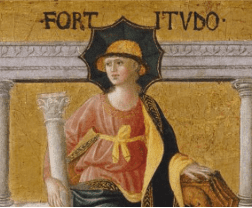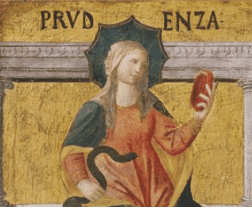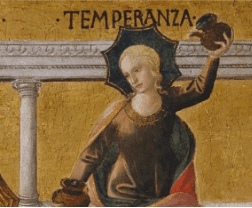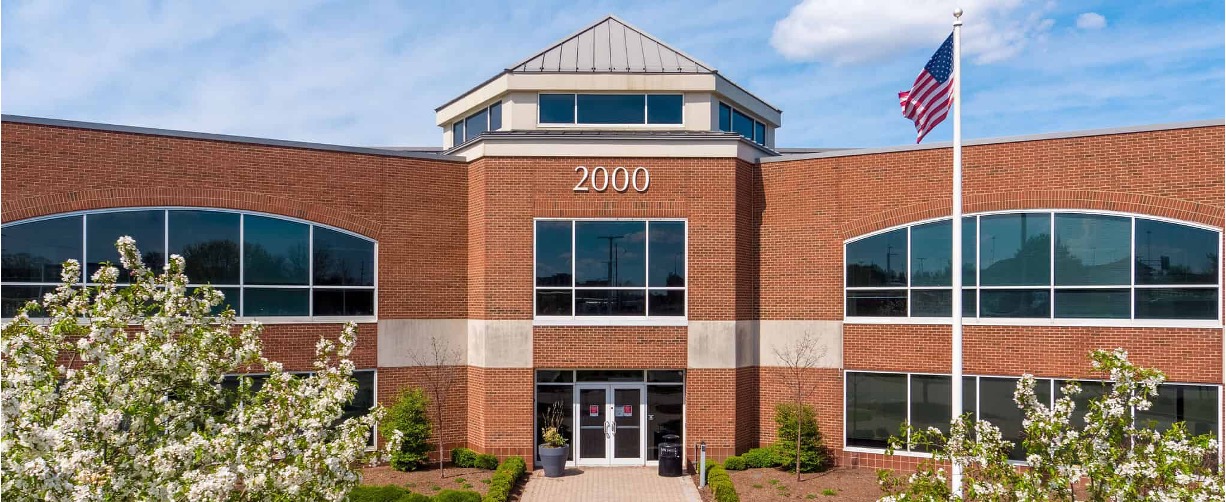
Columbus Classical Academy (CCA) is a private classical school in central Ohio, serving grades K-9, adding a grade each year through grade twelve. CCA is a Hillsdale College Curriculum School.
Our Mission

Columbus Classical Academy inculcates in our students, through a genuine and rigorous classical education in the liberal arts and sciences, the knowledge and virtue upon which independent, responsible, and joyful lives are built, in the firm belief that such lives are the foundation of a free and flourishing republic.
Campus
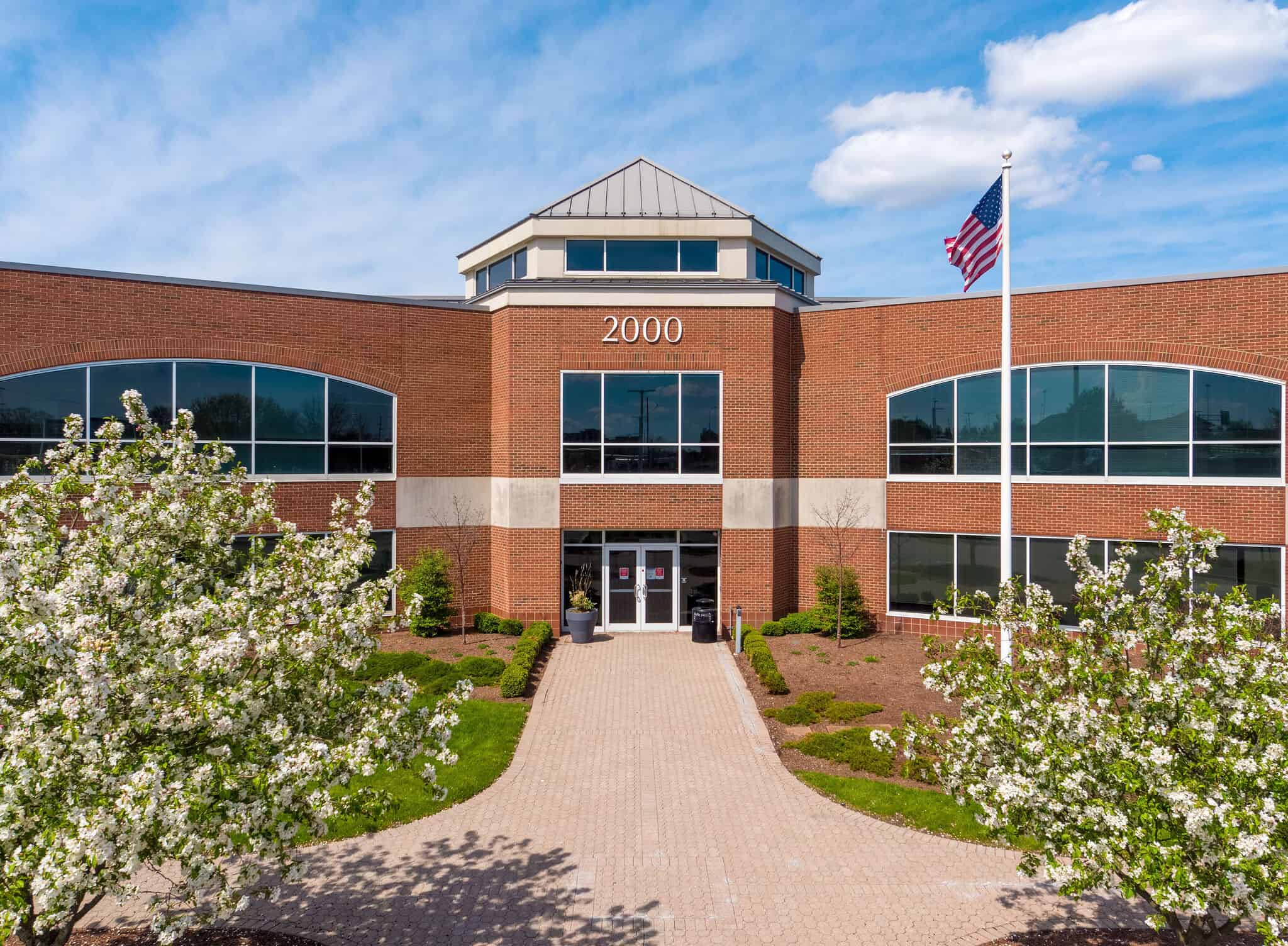
The Columbus Classical Academy campus is located at 2000 Polaris Parkway, Columbus, OH 43240. Our campus comprises roughly 60,000 square feet of space on a beautifully maintained and highly accessible 6+ acre property. This campus was made possible by the generous support of multiple donors who provided favorable financing terms as well as the extraordinary assistance of a number of professionals who gave freely of their time and expertise. We thank them for their incredible support and generosity.
The Hillsdale Affiliation
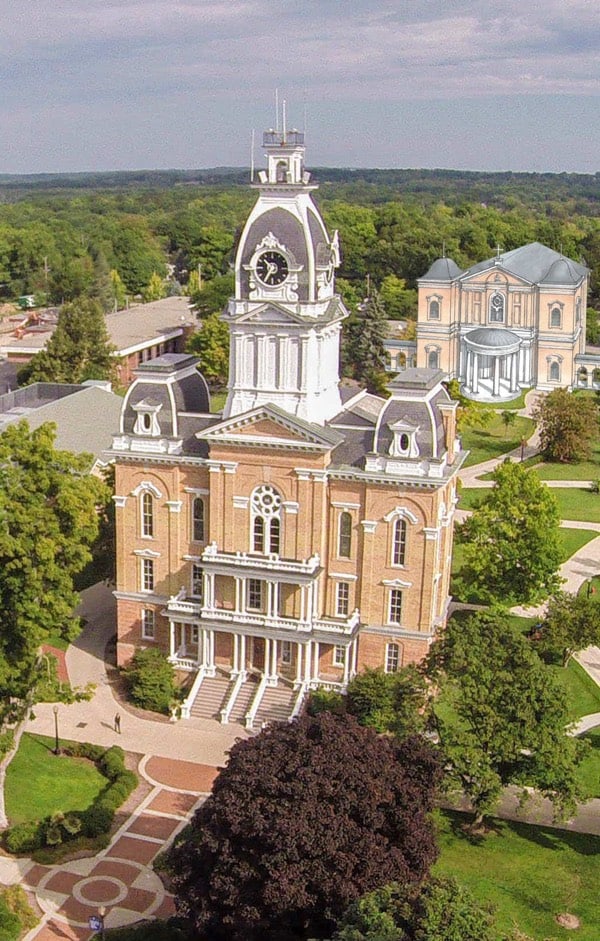
Columbus Classical Academy is a Hillsdale College Curriculum School, a distinction that offers our school access to a tried and true K-12 Curriculum from the Hillsdale College K-12 Education Office.
About Hillsdale
Hillsdale College was founded to provide the kind of sound learning necessary to preserve the blessings of liberty. For over 175 years, it has offered an outstanding liberal arts education for undergraduate students. Restoring excellence to American K-12 education is a natural extension of the College’s mission, and Hillsdale has been helping K-12 schools for over three decades.
Hillsdale teaches K-12 schools to provide an education that is both classical and American in its orientation; one that is rooted in the liberal arts and sciences, offers a firm grounding in civic virtue, and cultivates moral character.
Hillsdale’s curriculum, contained in the Hillsdale College K-12 Program Guide, is available to CCA at no cost; it is made possible by the generous support of friends of Hillsdale College.
Helpful Links
For more information about Hillsdale College support for schools like Columbus Classical Academy, visit k12.hillsdale.edu.
- What is American Classical Education?
- Hillsdale Classical Schools Across the Nation
- Founding a Hillsdale Classical School
- Frequently asked questions about Hillsdale’s support for K-12 schools
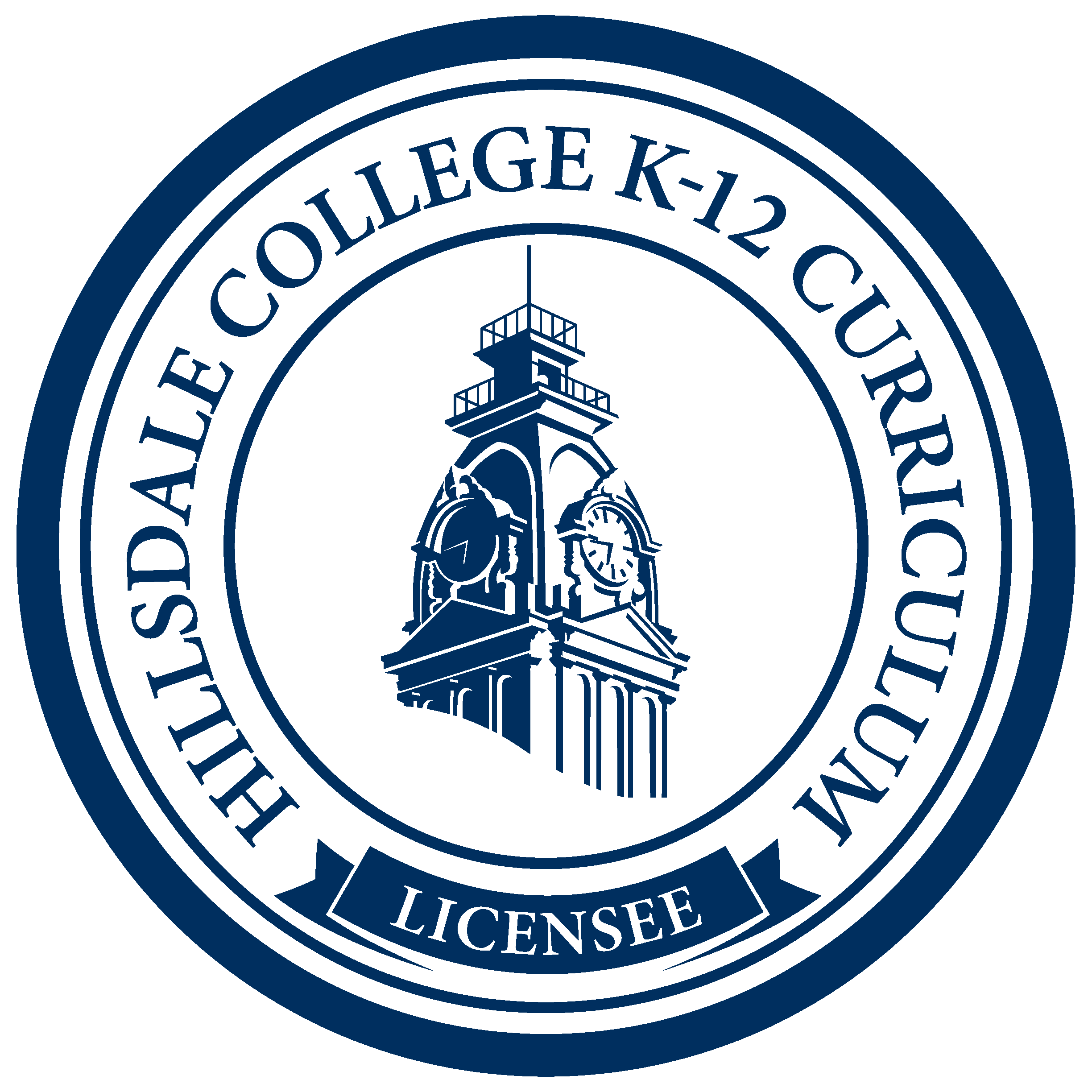
Head of School

Daniel C. Gibson is the founding Head of School of Columbus Classical Academy. Prior to joining CCA, Mr. Gibson was a partner at the law firm of Bricker & Eckler LLP in Columbus, where he was a litigator and appellate lawyer for more than 15 years. He also served as an Associate Director at the Hudson Institute in Washington, D.C. immediately following graduation from law school. Mr. Gibson earned a Bachelor of Arts degree in Philosophy, cum laude, from Davidson College and a Juris Doctorate from Stanford Law School.
Learn more about Mr. Gibson’s vision for Columbus Classical Academy here.
